wale edun
-
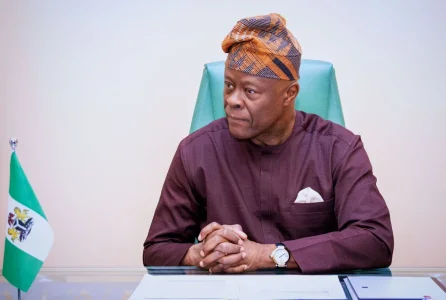
Nigeria Edun Raises Alarm Over Rising Debt Service Burden, Warns 50% of Low-Income Countries in Distress
The Digest: Finance Minister Wale Edun has warned that about 50 percent of low-income countries are in or approaching debt distress, requiring urgent action, while Nigeria's debt service-to-revenue ratio stood at 47% in 2025. Speaking at the Group of 24 (G-24) Technical Group Meeting in Abuja...- Nigeria News
- Article
- 1 min read
- wale edun
- Category: Business
-
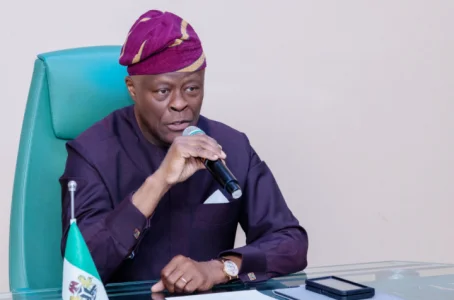
Nigeria Finance Minister Wale Edun Announces Plan to Curb Borrowing as Nigeria’s Debt Hits N152.4 Trillion
The Digest: Finance Minister Wale Edun has stated that the Federal Government will reduce its reliance on borrowing to finance the 2026 budget deficit, focusing instead on revenue generation and domestic resource mobilisation. According to Leadership News, the announcement was made at the...- Nigeria News
- Article
- 1 min read
- nigeria debt wale edun
- Category: Business
-
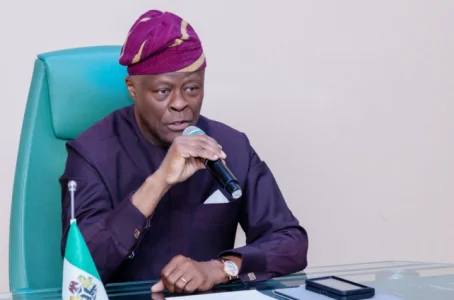
Nigeria Federal Government Aims to Reduce Borrowing, Boost Investment - Wale Edun at Davos
The Digest: The Federal Government plans to reduce its reliance on borrowing and focus more on domestic investment and revenue generation, according to Finance Minister Wale Edun. Speaking at the World Economic Forum in Davos, Switzerland, Edun stated the administration's priority is...- Nigeria News
- Article
- 1 min read
- davos wale edun
- Category: Business
-
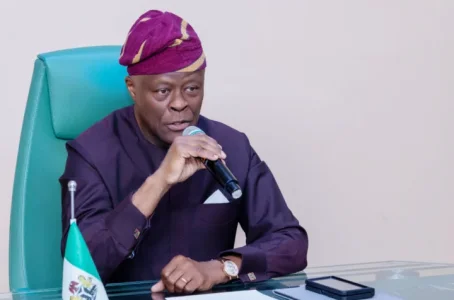
Nigeria Minister Edun Assures US Airstrike Won’t Destabilise Nigerian Financial Markets
The Digest: Finance Minister Wale Edun has assured investors that the recent U.S. airstrike on terrorist targets in Sokoto State will not destabilise Nigeria’s financial markets, framing the operation instead as a reinforcement of security and economic confidence. In a statement issued Sunday...- Nigeria News
- Article
- 1 min read
- sokoto airstrikes us airstrike wale edun
- Category: Business
-
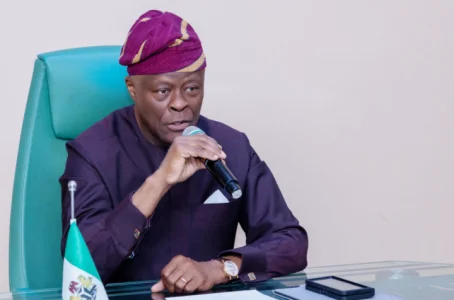
Nigeria FG Revenue Falls Drastically Short of 2025 Projection, Minister Discloses
The Digest: Finance Minister Wale Edun has revealed the federal government fell drastically short of its 2025 revenue target, collecting only N10.7 trillion against a N40.8 trillion projection. This disclosure challenges the President's earlier statement that Nigeria had met its annual target...- Nigeria News
- Article
- 1 min read
- 2025 budget revenue shortfall wale edun
- Category: Business
-

Nigeria Finance Minister Wale Edun Spotted at London Art Fair Amid Health Concerns
The Digest: Nigerian Finance Minister Wale Edun has been spotted at a contemporary African art fair in London, days after reports emerged that he was indisposed and traveling abroad for medical treatment. A video shared by the Presidential spokesperson shows Edun addressing guests at the O’DA...- Nigeria News
- Article
- 1 min read
- finance minister wale edun
- Category: Politics
-
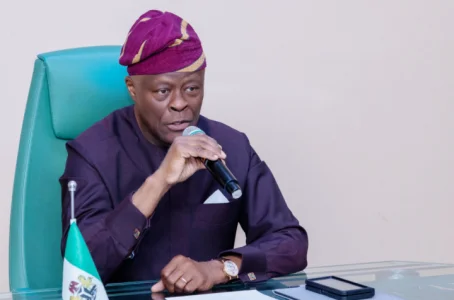
Nigeria Finance Minister Wale Edun Flown Abroad for Medical Treatment
The Digest: Finance Minister Wale Edun has been flown to the United Kingdom for medical treatment after initially being treated in Nigeria, confirming earlier speculation about his health condition while maintaining continuity in Nigeria's economic leadership during a period of crucial...- Nigeria News
- Article
- 1 min read
- finance minister wale edun
- Category: Politics
-
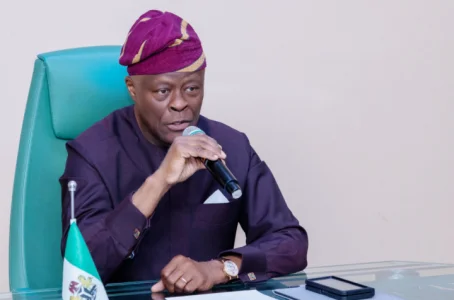
Nigeria Presidency Confirms Finance Minister Wale Edun is "Recovering Well"
The Digest: The Presidency has provided reassurance about the health of Finance Minister Wale Edun, confirming he is recuperating in Abuja after being replaced as leader of Nigeria's delegation to the World Bank and IMF meetings due to illness. Key Points: Finance Minister Wale Edun was...- Nigeria News
- Article
- 1 min read
- finance minister wale edun
- Category: Politics
-
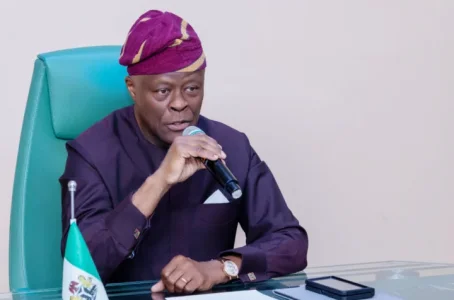
Nigeria Presidency Denies Wale Edun Suffered a Stroke, Confirms Recuperation in Abuja
The Digest: The Presidency has officially dismissed circulating reports that Finance Minister Wale Edun suffered a stroke and was flown abroad for treatment. According to official statements, the minister is "indisposed" and recuperating at his private residence in Abuja under the care of...- Nigeria News
- Article
- 1 min read
- imf wale edun world bank
- Category: Politics
-
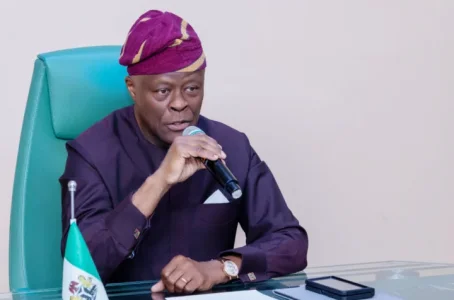
Nigeria Lawyer Festus Ogun to Petition FG for Full List of 71 Million Cash Transfer Beneficiaries
The Digest: Human rights lawyer Festus Ogun is set to petition the Federal Government, demanding full disclosure of the 71 million Nigerians allegedly paid ₦25,000 under its cash transfer scheme. The move follows Finance Minister Wale Edun’s claim that ₦330 billion was disbursed to 8.1 million...- Nigeria News
- Article
- 1 min read
- festus ogun wale edun
- Category: Metro
-
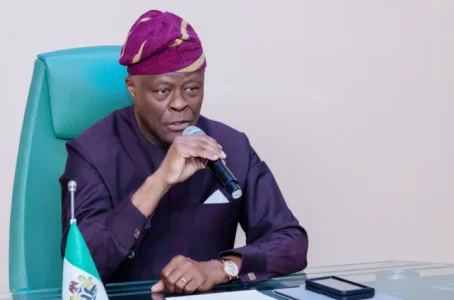
Nigeria FG Disburses N330bn to 8.5m Households Amid Hardship Relief Efforts
The Digest: The Federal Government has disbursed N330 billion to 8.5 million poor and vulnerable households as part of its renewed social protection programme. Finance Minister Wale Edun announced the payments, emphasizing efforts to mitigate economic hardship through direct cash transfers...- Nigeria News
- Article
- 1 min read
- wale edun
- Category: Business
-
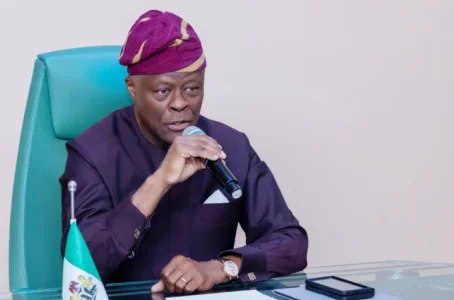
Nigeria No Immediate Plan to Enforce 5% Petroleum Tax - FG
The Digest: The Federal Government has suspended plans to implement a controversial 5% Petroleum Products Tax, following intense public backlash and threats of industrial action from organised labour. Finance Minister Wale Edun confirmed the decision, emphasizing that there is no immediate...- Nigeria News
- Article
- 1 min read
- 5% fuel tax fossil fuel tax wale edun
- Category: Business
-
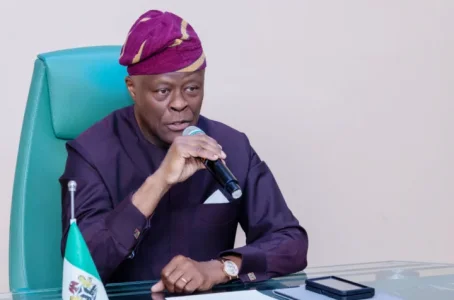
Nigeria FG Says State Revenues Doubled After Fuel Subsidy Removal
The Digest: The Federal Government has announced that the removal of the petrol subsidy has more than doubled the revenue for state governments. Coordinating Minister of Finance, Wale Edun, said the tough decision was necessary to restore economic confidence and redirect funds to critical...- Nigeria News
- Article
- 1 min read
- fuel subsidy wale edun
- Category: Business
-
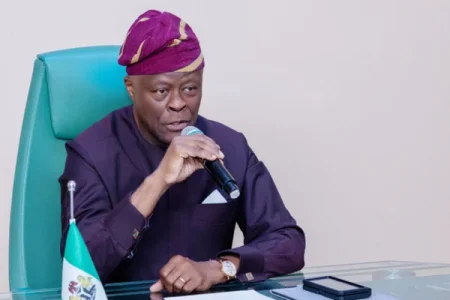
Nigeria Nigeria to Clear N4trn Power Debt, Eyes $125m Loan for Roads
The Digest: The Federal Government is moving to clear a N4 trillion debt owed to power generation companies (GenCos) as Minister of Finance, Wale Edun, submits a proposal to the FEC. Key Points: Wale Edun presented a proposal to refinance N4 trillion GenCos' debt. GenCos have warned that...- Nigeria News
- Article
- 1 min read
- wale edun
- Category: Business
-
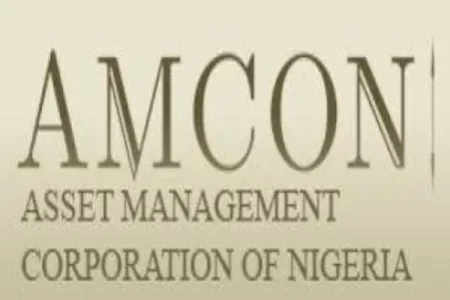
Nigeria AMCON’s Final Chapter: FG Instructs Asset Recovery, Time-Bound Closure
The Federal Government has officially directed the Asset Management Corporation of Nigeria (AMCON) to begin a credible and time-bound shutdown process, marking a major shift in Nigeria’s financial cleanup efforts. Finance Minister Wale Edun inaugurated AMCON’s new board this week in Abuja. The...- Nigeria News
- Article
- 1 min read
- amcon wale edun
- Category: Business

